Biology is on the verge of getting its versions of the lever, wheel and axle, pulley and other basic machines that enable engineers to build almost any mechanical device, a new analysis has concluded.
Jun 4th, 2013
Read more
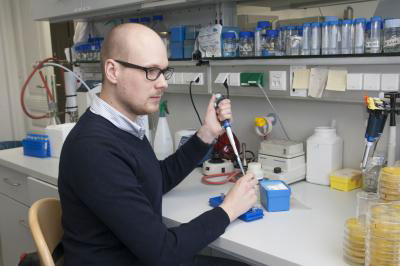 Genetic engineers have found a trick, thanks to which fungi can be used for the production of biofuels far more cost effectively than before.
Genetic engineers have found a trick, thanks to which fungi can be used for the production of biofuels far more cost effectively than before.
Jun 3rd, 2013
Read more
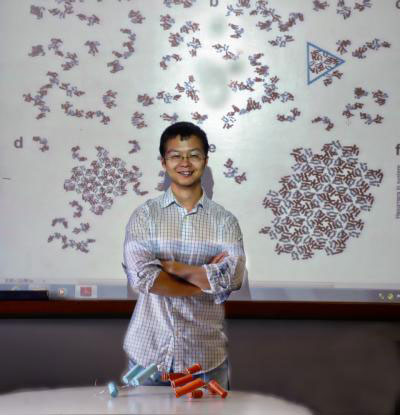 Scientists have long been unable to fully explain how infections attack the body, but now a team of researchers, including one from the University of Central Florida, has taken a step closer to understanding how the process works in HIV-1. The results mean that one day that knowledge may prevent infection.
Scientists have long been unable to fully explain how infections attack the body, but now a team of researchers, including one from the University of Central Florida, has taken a step closer to understanding how the process works in HIV-1. The results mean that one day that knowledge may prevent infection.
May 30th, 2013
Read more
Finding could reduce need for blood donations, speed up research on therapies to treat diseases.
May 30th, 2013
Read more
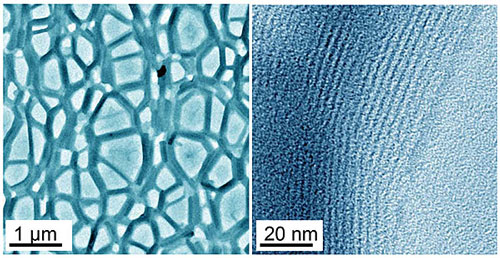 First view of micellar bundles revealed by EMSL electron microscopy tools, techniques.
First view of micellar bundles revealed by EMSL electron microscopy tools, techniques.
May 29th, 2013
Read more
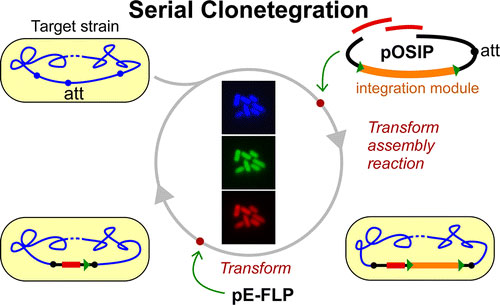 A simpler and faster way of producing designer bacteria used in biotechnology processes has been developed by University of Adelaide researchers.
A simpler and faster way of producing designer bacteria used in biotechnology processes has been developed by University of Adelaide researchers.
May 27th, 2013
Read more
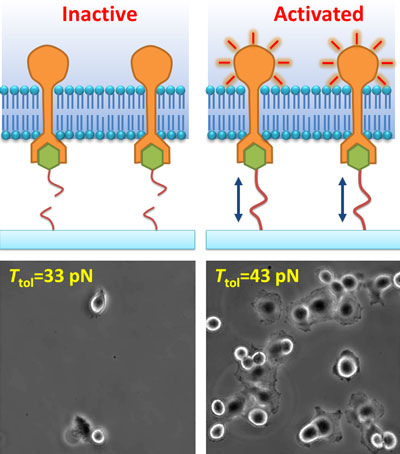 New tension gauge tether (TGT) laboratory method developed at the University of Illinois at Urbana-Champaign has broad applications for research into stem cells, cancer, infectious disease, and immunology.
New tension gauge tether (TGT) laboratory method developed at the University of Illinois at Urbana-Champaign has broad applications for research into stem cells, cancer, infectious disease, and immunology.
May 23rd, 2013
Read more
A new, streamlined approach to genetic engineering drastically reduces the time and effort needed to insert new genes into bacteria, the workhorses of biotechnology.
May 22nd, 2013
Read more
Many molecules have a right and a left form, just like shoes. In pharmaceuticals, it is important that the correct form of the molecule is used. Researchers at the University of Gothenburg have been able to produce the one mirror image by using crystals with special properties. This can have a major impact on the production of pharmaceuticals.
May 22nd, 2013
Read more
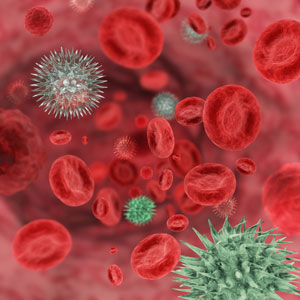 Breakthrough technology quickly separates large proteins and viruses from their surroundings, which improves purification of vaccines and protein therapeutics.
Breakthrough technology quickly separates large proteins and viruses from their surroundings, which improves purification of vaccines and protein therapeutics.
May 22nd, 2013
Read more
Scientists at the University of California, Davis have engineered a strain of photosynthetic cyanobacteria to grow without the need for light.
May 20th, 2013
Read more
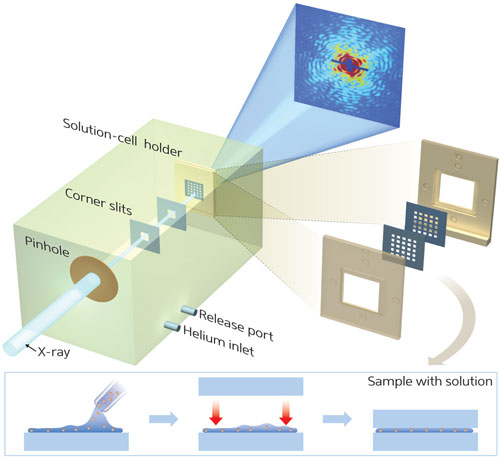 Scientists at RIKEN use X-ray diffraction to image whole, hydrated cells in their natural state for the first time.
Scientists at RIKEN use X-ray diffraction to image whole, hydrated cells in their natural state for the first time.
May 17th, 2013
Read more
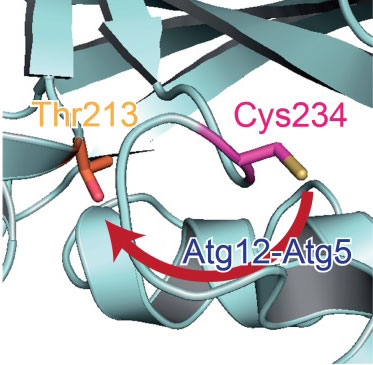 Researchers at Tokyo Institute of Technology report details on the biological mechanisms through which cells degrade own cellular material, allowing them to survive starvation conditions.
Researchers at Tokyo Institute of Technology report details on the biological mechanisms through which cells degrade own cellular material, allowing them to survive starvation conditions.
May 17th, 2013
Read more
A new tool being developed by UT Arlington assistant professor of physics could help scientists map and track the interactions between neurons inside different areas of the brain.
May 16th, 2013
Read more
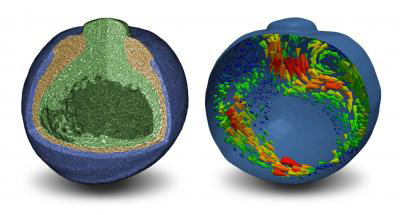 Motion of individual cells within developing frog embryos resolved/X-ray tomography based on diffraction rather than absorption/new methods for developmental biology.
Motion of individual cells within developing frog embryos resolved/X-ray tomography based on diffraction rather than absorption/new methods for developmental biology.
May 16th, 2013
Read more
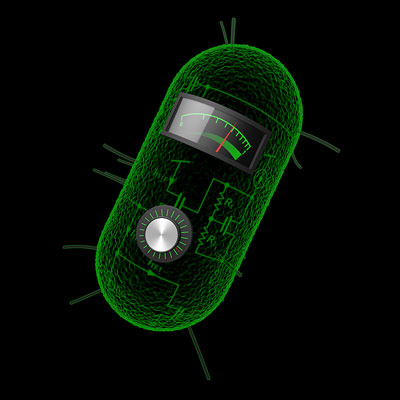 Using analog computation circuits, MIT engineers design cells that can compute logarithms, divide and take square roots.
Using analog computation circuits, MIT engineers design cells that can compute logarithms, divide and take square roots.
May 16th, 2013
Read more
BBSRC, with input from the Engineering and Physical Sciences Research Council (EPSRC), has published a document outlining the impacts that their 2010 'Synthetic Biology Dialogue' has had in informing continued discussions around synthetic biology.
May 15th, 2013
Read more
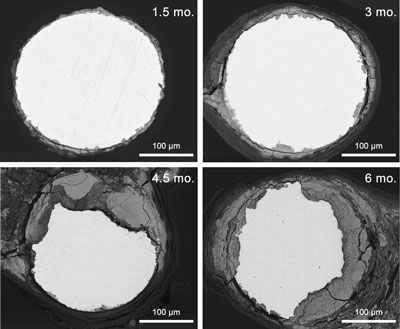 Some materials dissolve too quickly, before cardiac arteries can fully heal, and some hang around forever. Zinc, however, may be just right.
Some materials dissolve too quickly, before cardiac arteries can fully heal, and some hang around forever. Zinc, however, may be just right.
May 14th, 2013
Read more

 Subscribe to our Biotechnology News feed
Subscribe to our Biotechnology News feed









